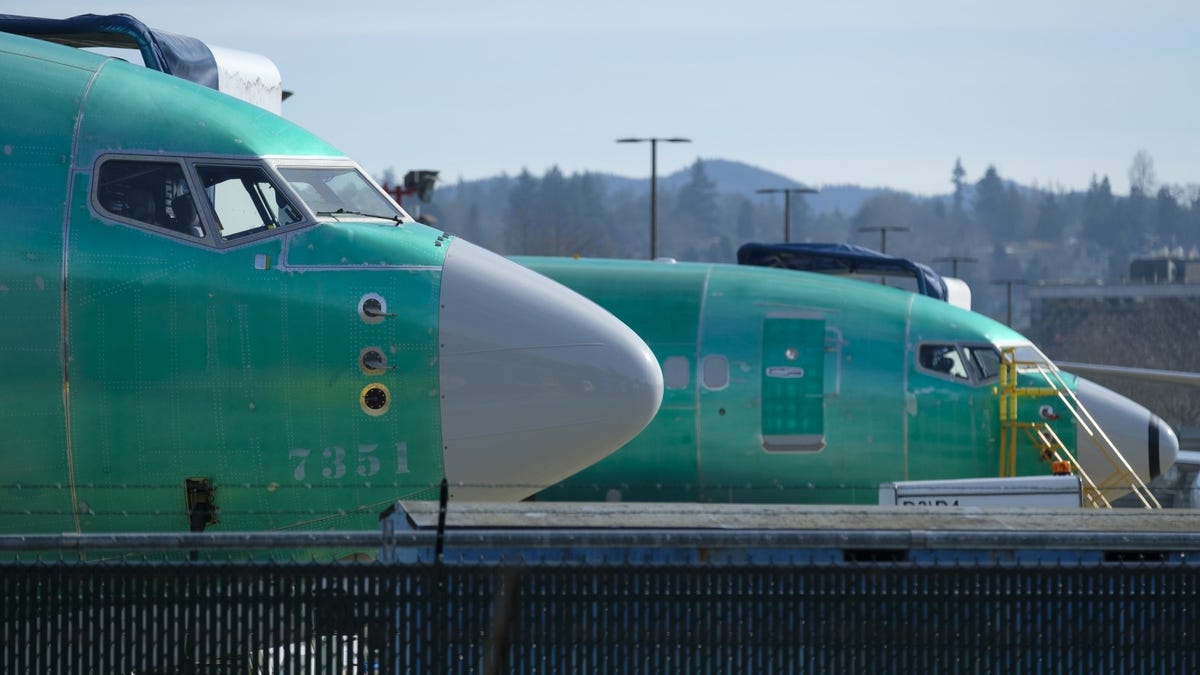Boeing is having a rough time of it right now, with parts falling off its planes left, right and center. Just last week, a wheel came loose and smashed through a car, and earlier this year the door from a 737 Max aircraft broke off mid-flight. That mid-air disaster sparked an audit from the Federal Aviation Administration, which has gone far from well.



If the dishsoap is standardized in the documentation I don’t see any issue with it.
The hotel keycard, less so, since it is used to meassure how tight a fit is it will inevitably get worn, so the card needs to be durable with a predictable wear pattern, I have had hotel keycards made put of all kinds of plastic, paper even wood, they all have drasticly different thickness, wear patterns and durability.
If the documentation is too generic it looses it’s meaning.
All of the big hotel chains use the same plastic key cards that are credit card sized, they are durable and can be reused many times but also cheap enough to not fret over them if a customer forgets to return it before leaving. As a former aircraft maintainer myself, I don’t personally think it would be an issue if Boeing or its contractor ordered a bunch of standard hotel card blanks for seal testing, but if they were meant to use that as their test device it should be documented , there should be a part number for that card and authorized suppliers, and there should be a specific procedure to follow when using them. The article mentions the lack of documentation, so this was probably an unauthorized improvisation on the fly. I doubt these were being used to measure a specific tolerance, this case was probably something stupid like “the cabin pressurization check failed after we replaced the door, let’s poke a card along the seal to find where the gap is and squeeze extra sealant in that spot.” My specialty was avionics though, so I will admit I don’t really know much about the pressurization checks and seals, I was always at the plane for some other work whenever I encountered them.